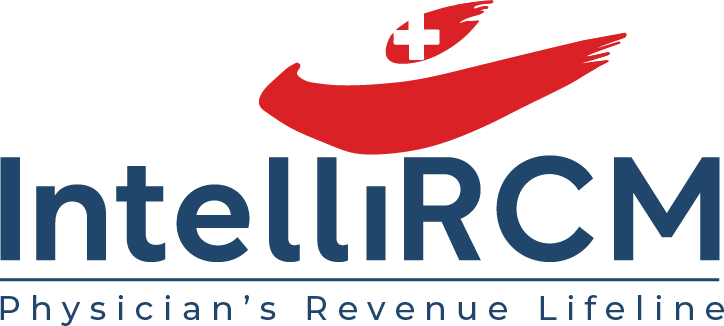
By intellircm 13th Jun 2023 Blog
In a world where the average medical professional is overworked, a Virtual Medical Assistant (VMA) is just what the doctor ordered. Virtual Medical Assistant services help lighten our workloads without sacrificing the quality of care. With a VMA, we can prioritize the patient's needs while conforming to all our other obligations. By shifting our focus, VMA technology has helped redefine the medical field and create a better breed of medical professionals. But what has been the impact of VMAs on patient care? Dig in as we detail how virtual medical assistants have changed patient care.Increased Access to Medical Care
Alongside telehealth, VMAs grant patients increased access to medical care, advice, and resources 24/7. They enable us to expand business hours and cater to our patient's needs around the clock. VMAs eliminate physical barriers that often dissuade patients from seeking proper medical care. Incorporating medical chatbots into a VMA ensures patients have accurate advice that they can trust. A medical virtual assistant can access patient files and use artificial intelligence (AI) and natural language processing (NLP) to provide accurate and actionable medical advice. VMAs also simplify the appointment booking process. We can help patients schedule their appointments at their most convenient times by automating the entire process. Unlike the traditional approach with long call wait times, it reduces the process to a few screen taps.Bolstering Personalized Care
VMAs increase our ability to provide personalized care to patients. These virtual assistants leverage AI and NLP technology to analyze patient data and identify individual needs and preferences. We can use this information to provide tailored medical advice and treatment plans. Working with accurate and up-to-date patient information and recommendation eliminates medical errors. Additionally, a medical virtual assistant allows for personalized communication. We can use them to provide customized responses to a patient's concerns and questions. Patients tend to feel more engaged and informed about their care when they can readily access helpful information and advice. Due to their tracking and monitoring capabilities, VMAs can alert us to a patient's potential health risks while recommending preventive measures. We can use this information to help our patients manage their conditions effectively, leading to better health outcomes.Improved Communication
Communication is vital in fostering great relationships between patients and healthcare providers. Skillful communication helps us build rapport with patients and gain their trust. It builds patient confidence, making them more receptive to our medical advice and treatment. VMAs increase healthcare provider availability. We can streamline and automate the tedious yet crucial bits of the care process. A medical virtual assistant can take over low-value tasks, including:- Field patient questions
- Schedule appointments
- Send reminders about medication
- Remind patients about follow-up visits
Improved Quality of Care
Medical professionals often struggle to strike a balance between administrative and clinical work. Before each appointment, we must collect patient data, such as vital signs and symptoms. Sometimes, that may entail digging through filing cabinets or waiting for an assistant to bring a patient file. VMAs simplify the process by letting us access this data in real time with a few keystrokes. We can quickly check:- Medical history
- Family history
- Treatment plans
- Previous diagnoses
- Allergies
- Prescriptions





